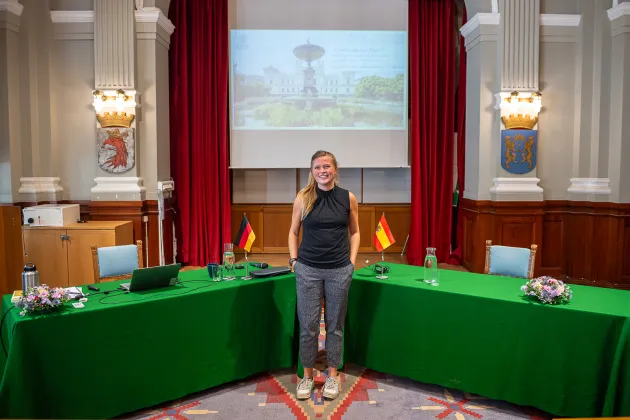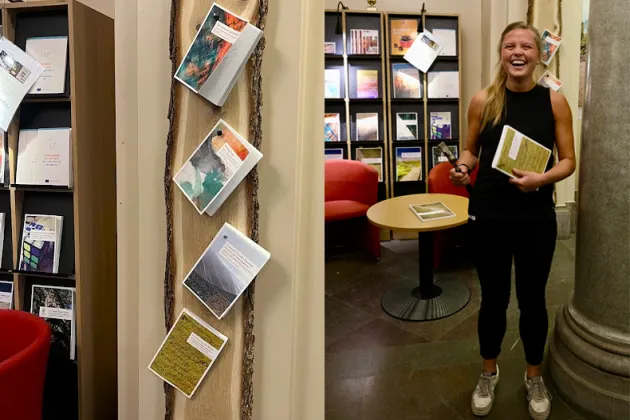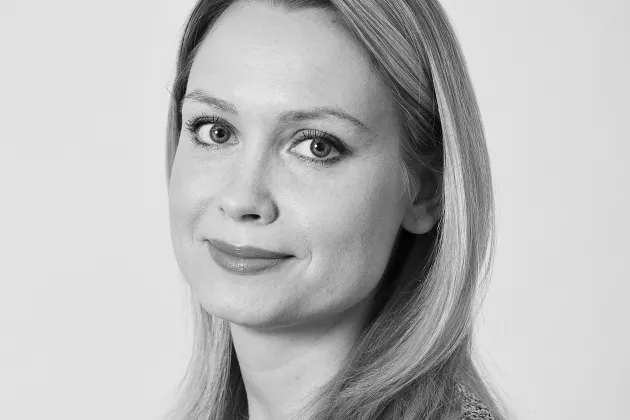Opponent was docent Cristina Sancha Fernandez, Ramon Llull University, Spanien. Members of the committee were Docent Joakim Kembro from LTH at Lund University, Docent Samuel Brüning Larsen from DTU, Denmark, and Docent Tarun Agrawal from Chalmers, Sweden.
Title
Embracing the Mess? Building Sustainability and Resilience at Supply Chains’ Upstream End. Insights into Digital Technologies, Dynamic Capabilities and Complex Adaptive Systems.
Abstract
The upstream ends of global supply chains – where raw material extraction or production takes place – are often hotspots for severe sustainability issues such as deforestation, biodiversity loss and human rights violations. Companies are under growing scrutiny from regulators, investors and civil society to ensure upstream-end supply chain sustainability. Yet, companies typically lack visibility beyond their direct suppliers, not to speak of the extreme upstream end in opaque, complex, dynamic supply chains. This dissertation places upstream-end sustainable supply chain management at the center of investigation, exploring how companies manage sustainability deep in their supply chain and to what extent digital technologies such as blockchain or satellite technology enable this process. The dissertation specifically draws on the theoretical lenses of dynamic capabilities, complex adaptive systems and supply chain resilience to understand and explain how companies navigate complex upstream dynamics to effectively manage sustainability and tap connected opportunities. Drawing on three empirical studies that combine case studies and longitudinal process research across supply chains for forest-risk commodities (e.g., palm oil) and critical minerals (e.g., cobalt) as well as one transdisciplinary discussion article, the thesis provides real-world insights into how companies identify, monitor, and manage sustainability risks upstream. The findings demonstrate that while digital technologies such as blockchain and satellite monitoring can significantly enhance traceability and on-the-ground transparency, they are not standalone solutions. Effective sustainability management requires companies to develop dynamic capabilities, foster cross-tier collaboration – including with upstream suppliers – and navigate emergent system dynamics rather than relying solely on top-down control mechanisms. Moreover, the research highlights that narrowly focused, supply chain-specific sustainability efforts can have unintended consequences for broader landscape-level resilience, thereby ultimately undermining both environmental and business outcomes. By empirically grounding the role and limitations of digital technologies in multi-tier (and particularly upstream-end) sustainable supply chain management and foregrounding the agency of upstream-end actors, this dissertation advances understanding of how companies can leverage digital technology to build sustainability and resilience in an increasingly complex and dynamic supply chain environment.
Publication
Read the thesis here.
Congratulations Lisa and all the best for your next chapter!





